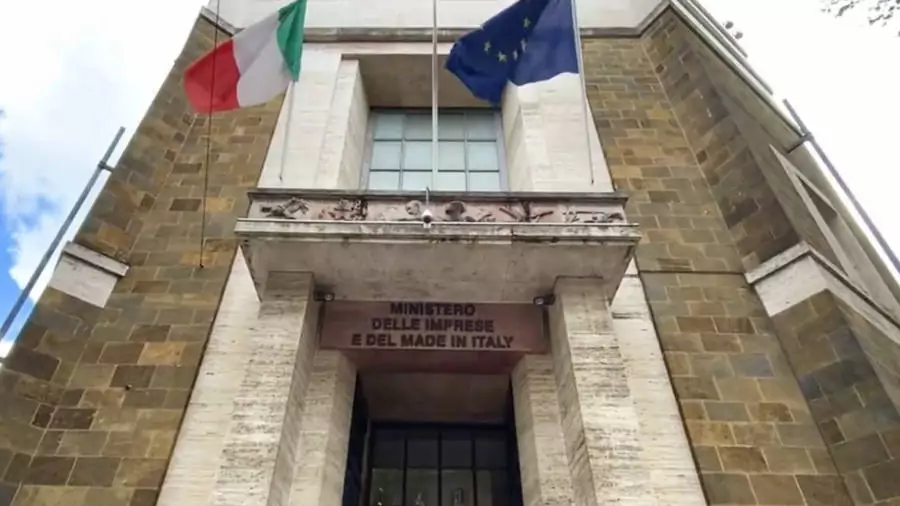On 29 July, a new circular was published by the Ministry of Enterprise and Made in Italy. The document was necessary to clarify certain aspects of Law 193 of 16 December 2024, which we announced here and wrote about in detail here, proposing to renew the regulatory framework for innovative start-ups, the first edition of which, the well-known Startup Act, dates back to 2012.
Giorgio Ciron, director of Innovup, an association of start-ups that collaborated with the ministry in drafting the text, told Startupbusiness: “This circular is particularly important because, together with the amendments to Article 33 of the 2024 Competition Law contained in the recent Economy Decree, the Implementing Decree of Article 32 of the aforementioned Law relating to tax credits for investments in certified incubators/accelerators, and the clarifications on the Implementing Decree of Article 30 relating to the introduction of certified accelerators, it gives concrete effect to the so-called Scaleup Act. At Innovup, we are particularly pleased with this latest document, which is also the result of close and positive dialogue with the Ministry of Enterprise and Made in Italy, which took into account the many questions and interpretative doubts we gathered from members and professionals in producing it. We trust that the circular will be a useful operational and guidance tool for all those who, in view of the upcoming financial statements and the related self-certifications to obtain or maintain the status of innovative start-up, need greater interpretative certainty. Now that the regulatory framework is complete and up to date, we are closely monitoring the market to observe the effects these rules will have and are preparing to work on the next two fundamental challenges for the sector: the renewal of the 30% tax deduction for those who invest in start-ups, whose authorisation requested from the European Commission will expire at the end of the year, and the implementation of the European Startup & Scaleup Strategy.
Circular number 72022, the text of which can be consulted at Ministry website on this pageIt clarifies certain structural points of the regulation, particularly with regard to the characteristics that start-ups must have in order to apply for innovative start-up status and to maintain it for three or five years. It highlights how consulting activities are to be considered, with some exceptions, excluded from the benefits reserved for innovative start-ups. and, in general, clarifies some of the points where the text of the original law appeared to be overly open to interpretation and had therefore created some confusion among entrepreneurs and investors in particular.
It is therefore important that the provisions of Law 193/2024 are now clearer, even though it remains important to seek the best possible balance between regulation and the market’s ability to operate freely, The well-known difference in opinion between those who favour regulation and those who believe that excessive regulation risks being limiting, as is the case, for example, with the debate on artificial intelligence and the European AI Act, also applies in this case, but it is certain that the recently published circular was essential to clarify the doubts surrounding the law known as the Scaleup Act.
It is important that individual countries, even within the EU, implement measures that demonstrate support for innovative businesses, as Italy does, but also, Austria, for example, as we have written here, because this demonstration of awareness and attention also serves to push the EU to accelerate legislation aimed at harmonising systems across all countries, thus creating an environment in which it is easier for start-ups to grow and scale up, and for investors to operate throughout the Union in an agile and effective manner. The European legislation that has been under discussion for some time, initially known as the 28th regime and later renamed the EU Startup and Scaleup Strategy, of which here is one detailed description by Lucia Occhiuto, lawyer responsible for legal and policy functions at Italian Tech Alliance, is desired by many and eagerly awaited by the entire European ecosystem because only in this way can we hope to increase the global competitiveness of the European Union when it comes to innovation. without a platform capable of harmonising national systems, European start-ups that want to grow in EU markets are faced with economic and bureaucratic barriers that slow down their development, and this is something that, especially in the current scenario, Europe can no longer afford. (photo: website of the Ministry of Economic Development)
ALL RIGHTS RESERVED ©
